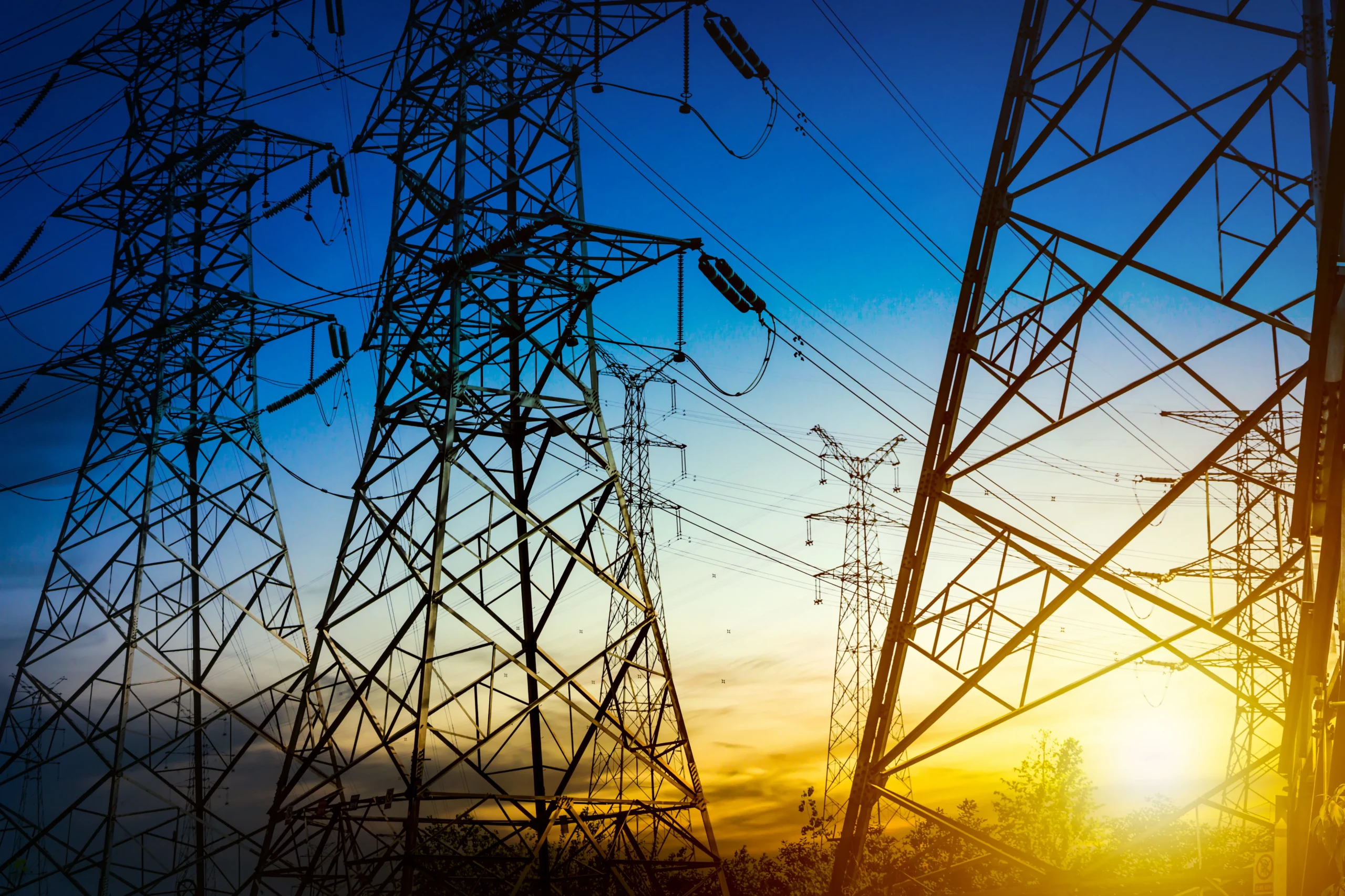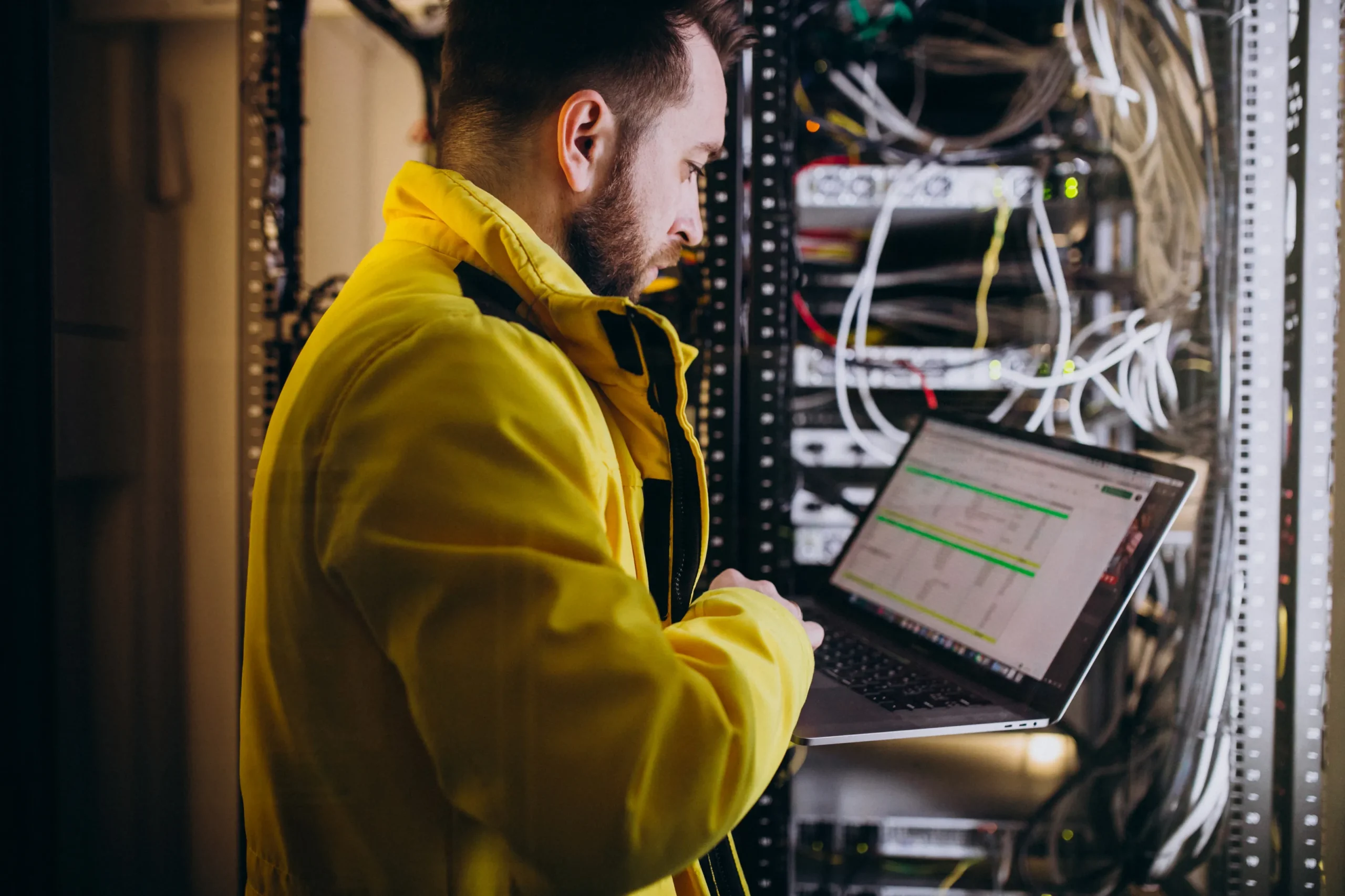
The Importance of Electrical and Power Infrastructure in Industrial Projects
Electrical and power infrastructure holds great importance in industrial projects as it forms the backbone for many industrial and production processes. These infrastructures directly influence productivity, safety, and the quality of the final product. This article discusses the importance of electrical and power infrastructure in industrial projects.
-
Definition of Electrical and Power Infrastructure
Electrical and power infrastructure refers to the systems that supply, distribute, and manage electrical energy in an industrial project. These systems include power sources, transformers, cables, control and protection equipment, monitoring systems, automation systems, and other related components, all designed to provide the necessary energy for industrial equipment and machinery. -
The Role of Electrical Infrastructure in Increasing Productivity
One of the key aspects of electrical infrastructure in industrial projects is its impact on productivity. Efficient and stable power systems help prevent unexpected downtimes and technical issues. Additionally, proper energy management and the use of modern technologies can reduce operational costs and improve overall production efficiency.2.1 Protection of Equipment
In addition to supplying power, electrical infrastructure also plays a crucial role in protecting industrial equipment. Protective systems like fuses, circuit breakers, and relays prevent significant damage to machinery. These systems act quickly when electrical fluctuations, such as power surges or overloading, pose a threat to the equipment.2.2 Development of Industrial Automation
With technological advancements, industrial automation is increasingly implemented across various industries. Electrical systems serve as the backbone for these automation processes, ensuring that production operations are carried out smoothly and with minimal errors. They provide the necessary power for automated control and monitoring systems, allowing processes to function without manual intervention. -
Safety in Industrial Projects
Safety is a crucial factor in industrial projects. Electrical and power systems ensure the safe operation of various safety equipment, such as fire alarm systems, emergency lighting, and protective devices. Reliable electrical infrastructure helps prevent accidents and protects workers by ensuring that these safety systems are always functional and ready to operate in case of emergencies. -
Energy Management and Cost Reduction
Efficient energy management is vital in industrial projects, not only to reduce costs but also to conserve energy and minimize environmental impact. Using energy-efficient technologies like smart energy management systems and high-efficiency equipment can help reduce energy waste and improve the performance of industrial systems. This results in lower operating costs and a more sustainable operation. -
The Importance of Stable Power Supply
One of the significant challenges in industrial projects is ensuring a continuous and stable power supply. Many industries require uninterrupted energy to keep production processes running without delays. Electrical systems must be designed to manage load fluctuations and foresee potential energy disruptions, ensuring a steady power supply that meets the demands of the operation. -
Technological Advancements and the Future of Electrical Infrastructure in Industrial Projects
As technology continues to evolve, electrical infrastructure in industrial projects is also undergoing significant transformations. Advances include the integration of renewable energy sources like solar and wind power alongside traditional systems. Furthermore, the development of smart grids and automated systems for energy management is increasing the efficiency and reliability of power supply systems. These advancements are contributing to a more sustainable and efficient industrial energy landscape. -
Conclusion
Electrical and power infrastructure plays a critical role in providing energy, protecting equipment, ensuring safety, and increasing productivity in industrial projects. As technology advances, it is essential to design, implement, and maintain these infrastructures to operate efficiently and cost-effectively. In industrial projects, proper attention to electrical and power systems is necessary to achieve optimal performance and long-term success. Therefore, designing and optimizing these systems should be a top priority in industrial projects.





